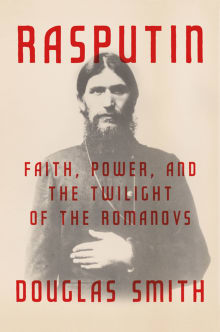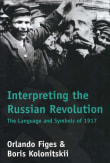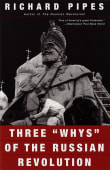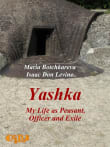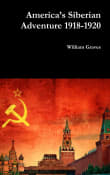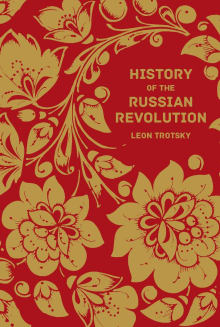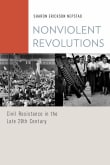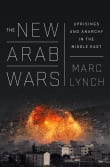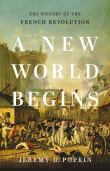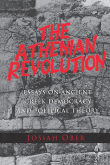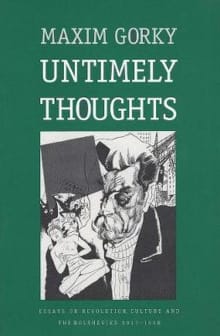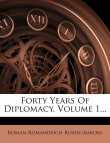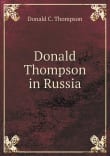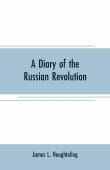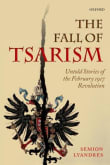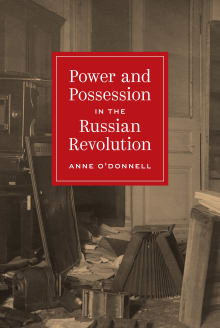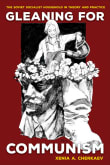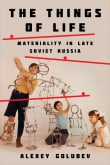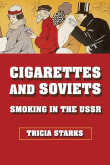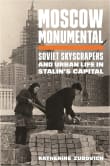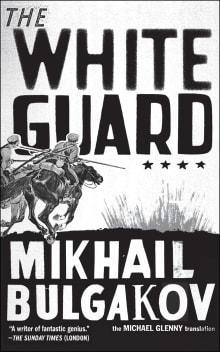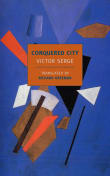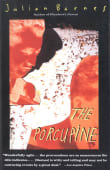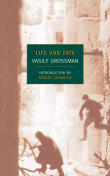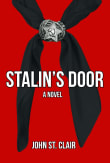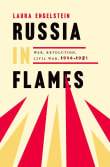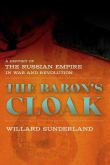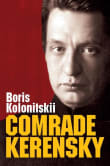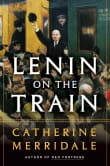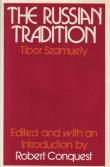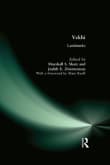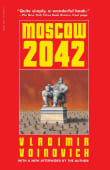
From my list on how the Russian Revolution changed our world.
Why am I passionate about this?
We have co-written three books on the Russian Revolution, a defining event of the twentieth century. It gave birth to the communist Soviet Union, which inspired millions and terrorized an equal number. World War II and the Cold War would have looked very different—or not happened at all—without the Soviet Union. The Russian Revolution was a Big-Bang-type event: it raged for a few years, but its economic, social, political, and geopolitical consequences reverberated for decades and can be felt to this day. Our advice to anyone interested in learning about the Russian Revolution: prepare to be amazed!
Jonathan's book list on how the Russian Revolution changed our world

Why did Jonathan love this book?
A lot of people have heard about a crazy monk called Grigorii Rasputin, who, by the way, was neither crazy nor a monk. We read many volumes about him when researching our book on the myths of the Russian Revolution. We thought we had seen it all. Yet Douglas Smith’s book about Rasputin was still an eye-opener.
This scholarly book, based on years of archival work, reads like a work of fiction. Page after page lifts the veil of mystery surrounding Rasputin! We also deeply appreciated how Smith placed the powerful courtier in the social context of his time—the peasants, the priests, the aristocrats, the imperial court—many of which perished in the Revolution.
3 authors picked Rasputin as one of their favorite books, and they share why you should read it.
On the centenary of the death of Rasputin comes a definitive biography that will dramatically change our understanding of this fascinating figure
A hundred years after his murder, Rasputin continues to excite the popular imagination as the personification of evil. Numerous biographies, novels, and films recount his mysterious rise to power as Nicholas and Alexandra's confidant and the guardian of the sickly heir to the Russian throne. His debauchery and sinister political influence are the stuff of legend, and the downfall of the Romanov dynasty was laid at his feet.
But as the prizewinning historian Douglas Smith shows, the true…
